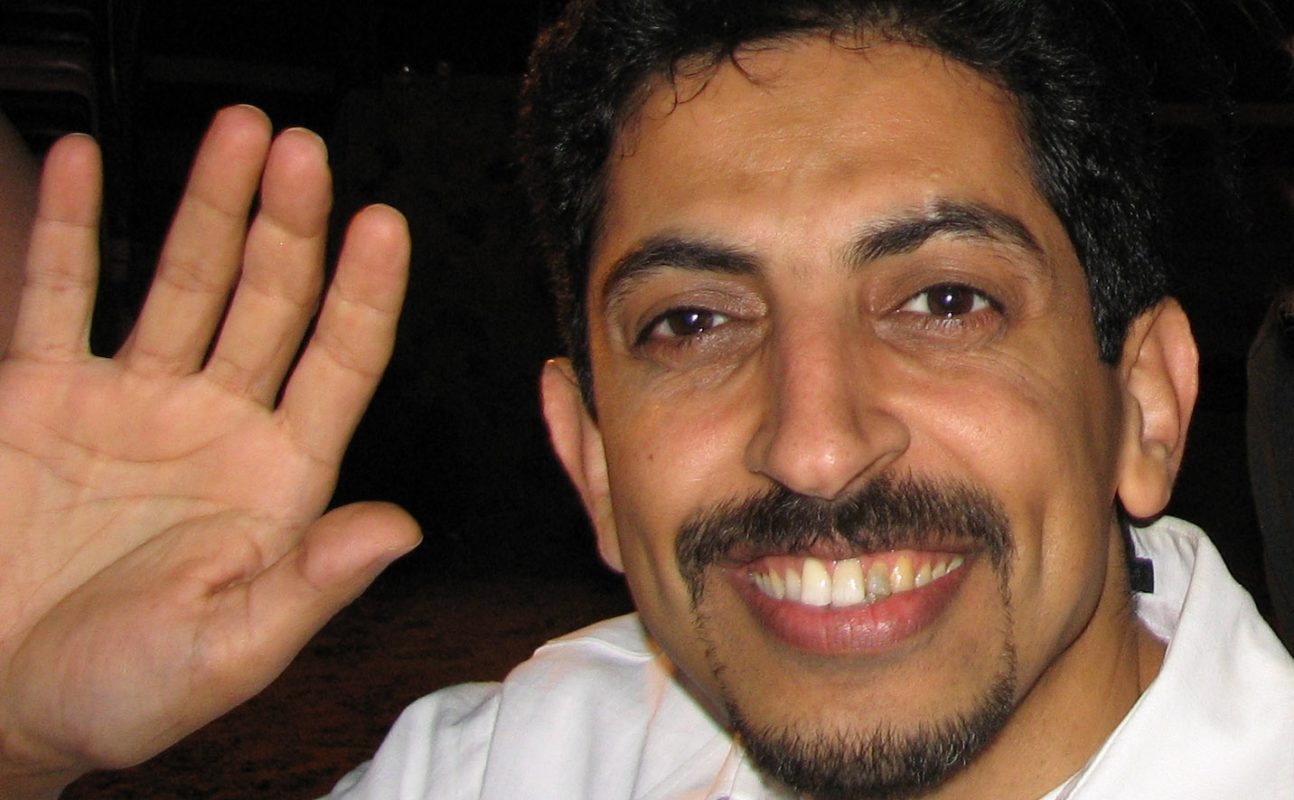Bahraini-Danish human rights defender Abdulhadi Al-Khawaja has been unjustly and illegally incarcerated for over nine long years, suffering torture and inhumane degrading treatment. He has been subjected on multiple levels to a blatant denial of basic human rights and suffered enormously at the hands of the Bahraini authorities in a flagrant crackdown on dissent after his peaceful role in the 2011 pro-democracy protests. Mr Al-Khawaja’s belief in political inclusion and democratic values, including the UN enshrined universal fundamental human right to self-determination, has made him a target of the Bahraini government.
While Bahrain has officially acceded to a number of UN human rights conventions and treaties, the reality is that the regime has shown little intention of adhering to them. Instead, the government, who cannot abide criticism has tightened its grip on power. The unwilling shown to implement recommendations from the Bahrain Independent Commission of Inquiry (BICI) and address issues outlined in its Universal Periodic Review of Human Rights (UPR) – both of which call for the release of Mr. Al-Khawaja – in addition to the complete lack of governmental transparency, issues of gerrymandering and legislation imposing severe restrictions on basic rights, continue to attest to this. Certainly the near constant socio-political unrest in Bahrain stems from repression, marginalisation and the weakness in the rule of law.
Denmark is a country with a longstanding reputation for its commitment to human rights as a priority of foreign policy; moreover, it is a member of the European Union (EU), which makes it doubly disappointing to see a distinct lack of Danish-led EU coordination. This lack of serious engagement and unwilling to use EU leverage or lead the call to impose sanctions on individuals in the Bahraini regime, such as freezing financial assets and imposing travel bans, has been highlighted by the political unrest seen currently in Belarus.
On August 20th the EU confirmed it “will shortly impose sanctions against a substantial number of individuals responsible for violence, repression and the falsification of election results.”[1] The position of the European Council was furthered by their stance of “clear solidarity with the people of Belarus in their desire to exercise their fundamental democratic rights” who have “a right to determine their future”. Criticising the “disproportionate and unacceptable violence displayed by state authorities on peaceful protesters,”[2] they also call for the immediate and unconditional release of those unlawfully detained, a peaceful and democratic political process, an independent free media and a strong civil society.[3] The parallels between the issues outlined here and those in Bahrain are painfully obvious. So where is the Danish-led charge to point out these similarities out in the forum of the EU and free their imprisoned tortured citizen?
As a small state Denmark arguably does not have the influence to free Mr Al-Khawaja, but with the backing of the EU, which posit the defence of democracy and human rights as fundamental objective, real change could be affected. The current timing should also be capitalised upon, not only with sanctions hitting Belarus for the same types of abuses, but also due to the withdrawal of the United Kingdom from the EU, a close ally of Bahrain who can no longer provide shielding to the regime.
We are asking that the Danish government stand-up for Mr Al-Khawaja as a Danish citizen, a European citizen and a human rights defender, taking the action necessary to put pressure on the Bahraini regime and put an end to his incarceration. After almost a decade of suffering we implore the government to enlist the support of their allies in the EU and attack the issue not as a single state, but as unified force.
[1]European Union (2020) Conclusions by the President of the European Council following the video conference of the members of the European Council on 19 August 2020. Available at: https://eeas.europa.eu/delegations/chile/84239/conclusions-president-european-council-following-video-conference-members-european-council-19_en [Accessed: 31/08/20]
[2] Ibid.
[3] Ibid.





